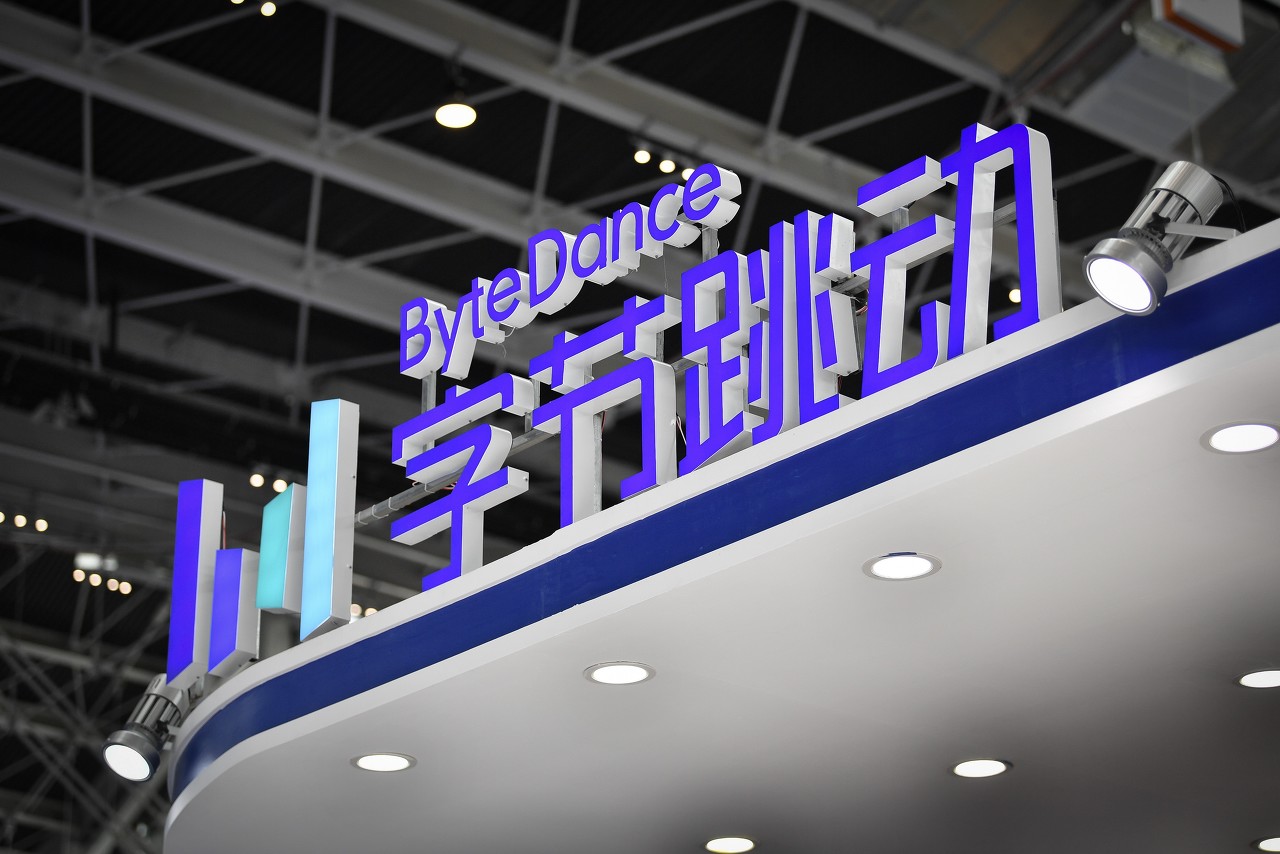With several new gaming partnerships under its belt, Chinese internet giant ByteDance is brushing aside early failures with plans for a renewed attack on Tencent Holdings’ gaming empire.
Over the past six months, the Beijing-based owner of the hugely popular TikTok app has signed deals with three major Chinese mobile game developers, including CMGE Technology, Shanghai Yaoji Technology, and Kaiser China Culture Co.
ByteDance’s aggressive move to secure big-name franchises comes after its first efforts—Art of War: Infinity Evolution and JJ Street Basket—have struggled to live up to expectations. But with the new deals, which include Kaiser’s Naruto: Slugfest and CMGE’s One Piece: The Voyage, ByteDance is armed with core titles that could accelerate its expansion into gaming.
Analysts expect ByteDance’s battle with Tencent, China’s top gaming company and the world’s largest by revenue, to ratchet up in the coming months. TF Securities analyst Wen Hao said their business models and growth strategies are similar in that they both use games to monetize the massive traffic on their platforms.
“The path ByteDance is on now is the same one Tencent took when it first got into the publishing and development of games,” Wen said. “These companies are now fighting for resources from the content providers which hold the rights to big-name franchises.”
Read this: KEY STAT | ByteDance first quarter revenues up 130% with annual target half of Tencent’s 2019 earnings
The global market for video games is forecast to reach USD 159.3 billion this year, with mobile games making up about half of that, according to research firm Newzoo. Beijing-based ByteDance wants to tap into that opportunity with its 1.5 billion monthly active users across a family of apps that include TikTok, Douyin, and Jinri Toutiao.
Of all of its gaming moves, ByteDance’s decision to partner with Kaiser has created the most buzz. Zhaoxi Guangnian Information Technology, a gaming affiliate of ByteDance, announced last Friday that it signed a ten-year cooperation agreement with Kaiser, which had previously said it would let Tencent publish its upcoming action mobile game Naruto: Slugfest.
However, since reversing that decision about a month ago and switching to ByteDance, Shenzhen-listed Kaiser has seen its share price triple to close at 15.02 yuan on Thursday.
ByteDance did not immediately reply to questions on its gaming strategy.
While Zhaoxi Guangnian lies at the heart of ByteDance’s gaming ambitions, it has struggled with its first two core games which fell short against titles by Tencent and NetEase.
JJ Street Basket, a basketball simulation game developed by Chinese developer JJ World, only amassed 1.4 million downloads on China’s App Store and generated about USD 4.6 million in player spending since its launch in March, according to analytics firm Sensor Tower.
Worse, the game’s popularity nosedived soon after launch, with Sensor Tower data showing new installs on iOS in China in May fell to about 10% of the 1 million downloads it saw in March. Player spending on the game fell to USD 1.1 million last month, 45% down from its peak in March.
Those numbers pale in comparison with Tencent. “Look at Tencent’s core games. If they don’t make more than 200 million yuan (USD 28 million) in the first month, they are basically considered failures,” said Zheng Jintiao, co-founder of online media outlet GamerBoom.
Read this: CHINA BRIEF | ByteDance forms e-commerce business unit
Perfect World, one of Tencent’s biggest games last year, saw nearly USD 139 million in player spending in its first month, according to Sensor Tower. For successful games, revenue even increases over time. In May, revenue from Tencent’s well established PUBG Mobile grew to a record USD 226 million, including earnings from the patriotic local version called Peacekeeper Elite, according to Sensor Tower.
Zhaoxi Guangnian’s first core mobile game, last year’s Art of War: Infinity Evolution, was also considered a flop with a quickly dwindling player base, down 97% year-on-year in May, according to Sensor Tower. Player spending on the game fell 87% year-on-year to USD 100,000 last month.
However, investors are clearly still bullish on ByteDance’s expansion into gaming. Multiple gaming companies including Shanghai Yaoji and CMGE have seen their share prices surge on the heels of partnership announcements with the internet giant.
Daniel Ahmad, senior analyst from Niko Partners, said ByteDance has now assembled many of the pieces necessary to make a good run in the gaming business. “However, the company will need to invest in key genres and trends, as well as operate a live service successfully over the long term in order to find success. [That is] something they are struggling with currently,” he said.
